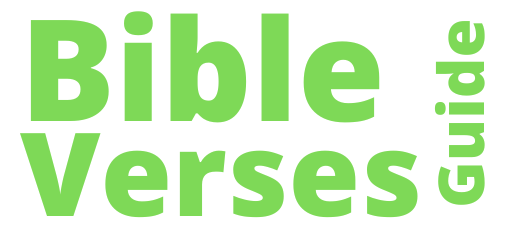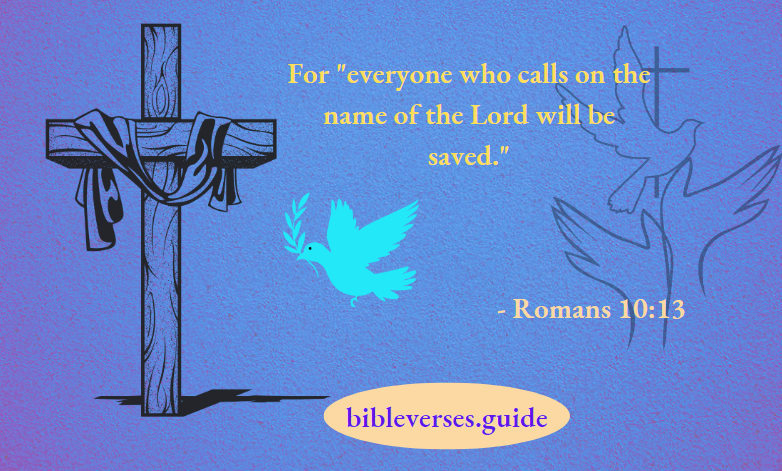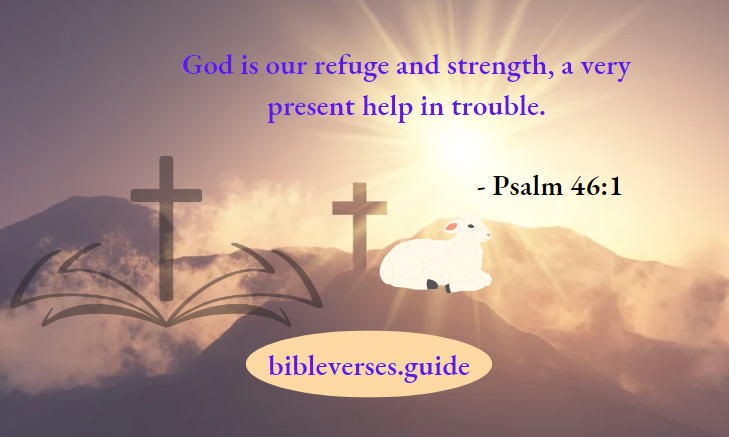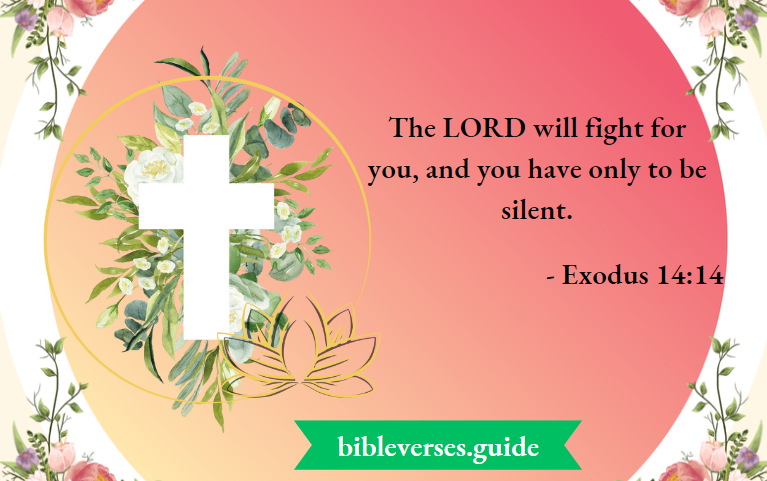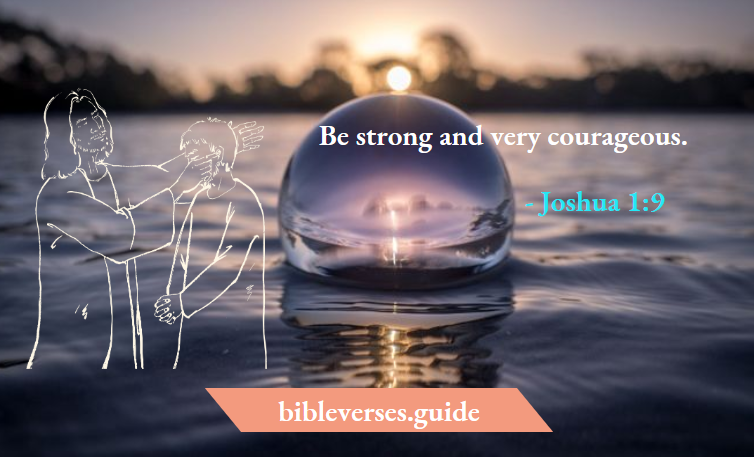Psalm 115:11 ESV Context
Before verse 1 in Psalm 115, we see the line “To Your Name Give Glory.” That’s what this psalm is all about giving glory to God! The psalmist discusses pagan gods—or idols—and reminds us that, unlike those gods, our God works, speaks, listens, and feels. As such, he is the living God and is worthy of all glory.

Psalm 115:11 ESV Meaning
This verse has a clear command: “Trust in the LORD.” Trusting in him requires more than simply telling him you trust him or thinking that you trust him. To trust in God, you have to submit to him.
What are you trusting him with if you don’t give your life and its circumstances over to him? It’s easy to “trust” in God when you have control of your situation, but it’s a lot harder when you let go and let him take the reins.
This verse also has a clear promise: “He is [your] help and [your] shield.” When you fear the Lord and put your trust in him, he promises to be your help.
Bible verses on fear of the Lord and trust
You won’t enter into a relationship with God that lacks follow-through. Your prayers will not fall on deaf ears.
In contrast with the pagan gods, God listens to all that you cry out, and he will be your help.
God will also be your shield, but you have to let him protect you. Be reminded of God’s kindness in this verse. All you have to do is trust him and let him work.

Psalm 115:11 ESV Application
What is something that you’re clinging on to and can submit to the Lord? Maybe it’s something you’re grieving or fearing. No matter what it is, it may be causing you to be anxious.
Write down your worry in a notebook or on a scrap piece of paper. Circle it, and label that circle God. Pray that God will give you his help with your worries and that he will be your shield from pain and anxiety.
Tell God your worry and give it over to him. Have peace in knowing his promise: to be your help and your shield.
“Everyone who calls on the name of the Lord will be saved.”
Bible verses on fear of the Lord and trust
